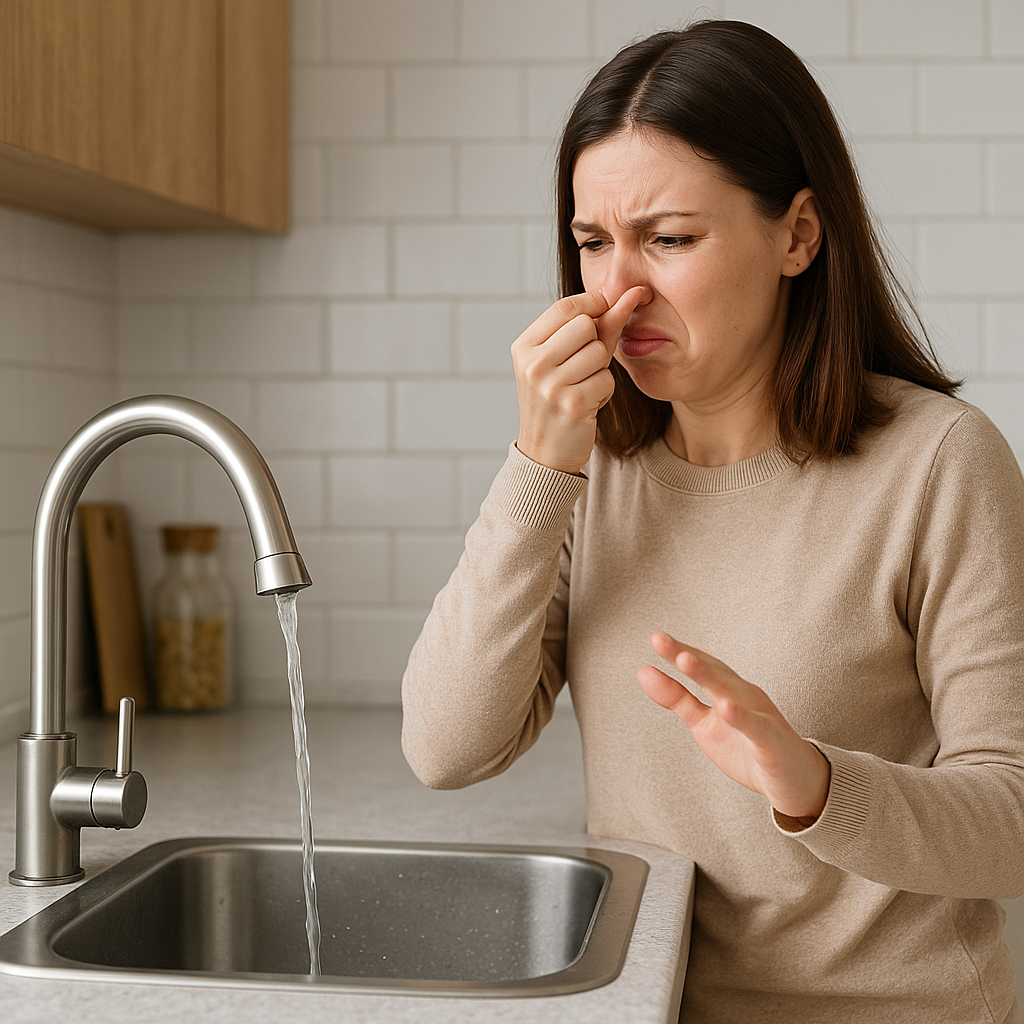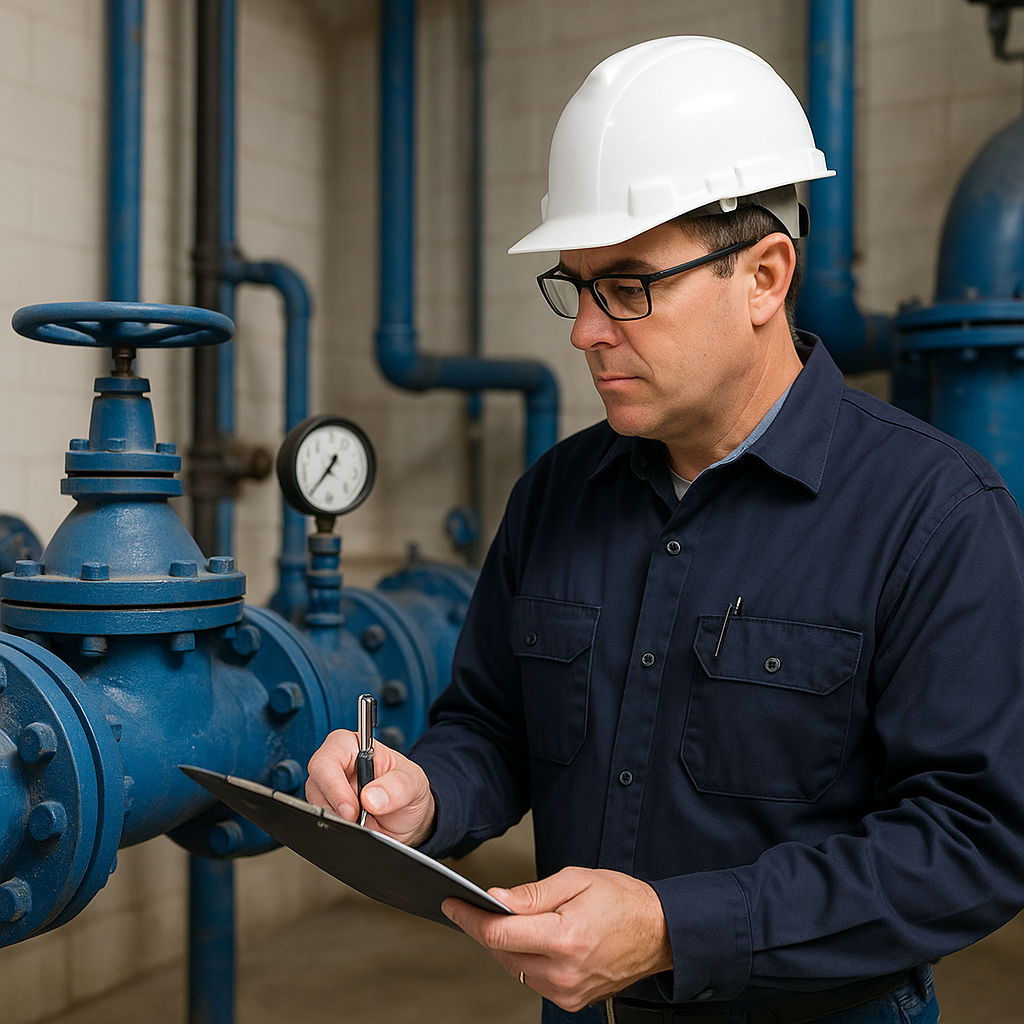What are the Dangers of Radon in Water?

What are the Dangers of Radon in Water?
As explained by the International Atomic Energy Agency, many people may have daily exposure to radioactive elements including radon. Although radon is present outdoors, its indoor accumulation is when it becomes the most dangerous. Radon in water is one way that people can be exposed to this gas. This guide reviews frequently asked questions about radon in water and how your local water experts, such as the Aqua Pump Company, can help you address this water problem.
What is radon and how does it get into water?
Radon is a gas produced by the breakdown of radioactive elements. It dissolves into water as water moves through soil or rocks. Radon can be found in any water source, but its greatest concentration is often found in well water. Although this gas primarily enters the home by way of the soil, radon exposure also occurs through water consumption and its use for a variety of daily activities.
Why is radon more likely to be found in well water?
Since well water comes from underground sources that aren’t exposed to air, there is often a build up of radon since it stays in its dissolved form. Especially in places where wells are drilled into bedrock, radon is more likely. Additionally, private wells may not benefit from the same kind of water treatment as public water sources. As per the Connecticut State Office of Consumer Counsel, there is also no current federal regulation of radon in water supplies.
What are the dangers of radon in water?
The health risks of radon water are greater from inhalation versus ingestion. So, breathing radon released into the air while showering or doing laundry can cause more harm than drinking a glass of water. Long-term radon exposure has been linked to lung cancer and is actually the second leading cause of this disease. For non-smokers, radon is the number one cause of lung cancer, according to the EPA. People subjected to radon in water and air for years may also be at risk of stomach and kidney cancer.
How can you determine if you have radon in your water?
People can’t sense radon in the water or the air because it can’t be seen, smelled or tasted. Consequently, the best way to find out if you have radon or other contaminants in your water supply is to request professional water testing. Especially for properties with wells, professional testing is an important part of annual home care maintenance. In fact, routine well maintenance not only helps uncover any radon in your water supply but also supports optimal well performance and continuous access to safe, quality water.
How do I address radon in water and other water contamination?
Water testing may reveal the presence of radon in the water, as well as other contaminants such as PFAS, iron and arsenic. Upon receiving these test results, professional water specialists can then determine the appropriate water treatment plan, which may not be as simple as addressing the radon problem. Water contamination and other water issues may have many different causes, so your water experts may need to evaluate other components of your water system to ensure that their proposed solution is effective.
Installing a water filtration system with an activated carbon filter helps address a number of water quality and safety concerns. For radon in water and many other contaminants, a point-of-entry whole house water filtration system offers many benefits. Here are four reasons why a whole house water filtration system might be right for you:
- Comprehensive water solutions: Unlike many inexpensive water filtration options, whole house filtration systems more thoroughly address the gamut of water supply problems from water hardness to the presence of lead, arsenic, bacteria and other chemical contaminants like PFAS.
- Complete water supply coverage: Since this water system focuses on where water comes into the house instead of where it is accessed within the house, all water in the home is processed through it. Instead of just removing any undesirable sediment or pollutants from a kitchen faucet, water-sourcing equipment from bathroom taps to washing machines benefits from water filtration.
- Health benefits: In addition to the cancer risks associated with radon in water and other indoor radon exposure, health issues such as diarrhea, skin irritation, fever and other more serious conditions stem from different water impurities. Accordingly, the installation of a filtration system can help decrease the risks associated with water contamination.
- Support for plumbing and appliance longevity: Removing harmful chemicals and sediment from the water is better for your home as well as for the health of people and pets. Better water quality helps reduce corrosion, which lengthens the lifespan of water-sourcing components like that new washing machine, hot water heater, and your plumbing.
Start reducing your potential exposure to radon and other water pollution today with a water supply and system evaluation. Avoid the risk of health complications from radon in water or any other contamination by proactively resolving water issues with routine water care. Contact a water specialist near you, such as Aqua Pump Company for water testing and the expertise you need to determine the right water treatment plan for your home. Call or contact our team today.


